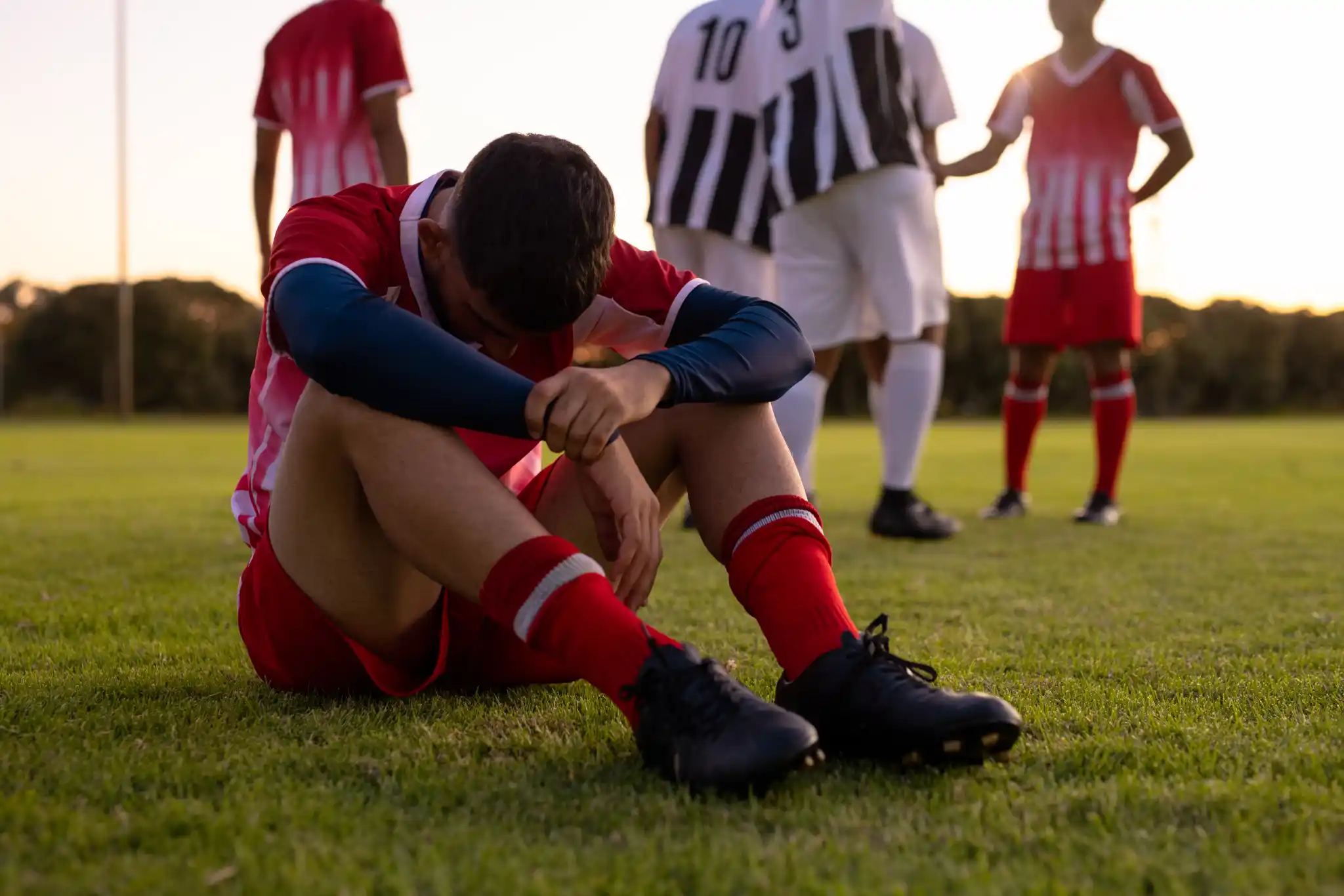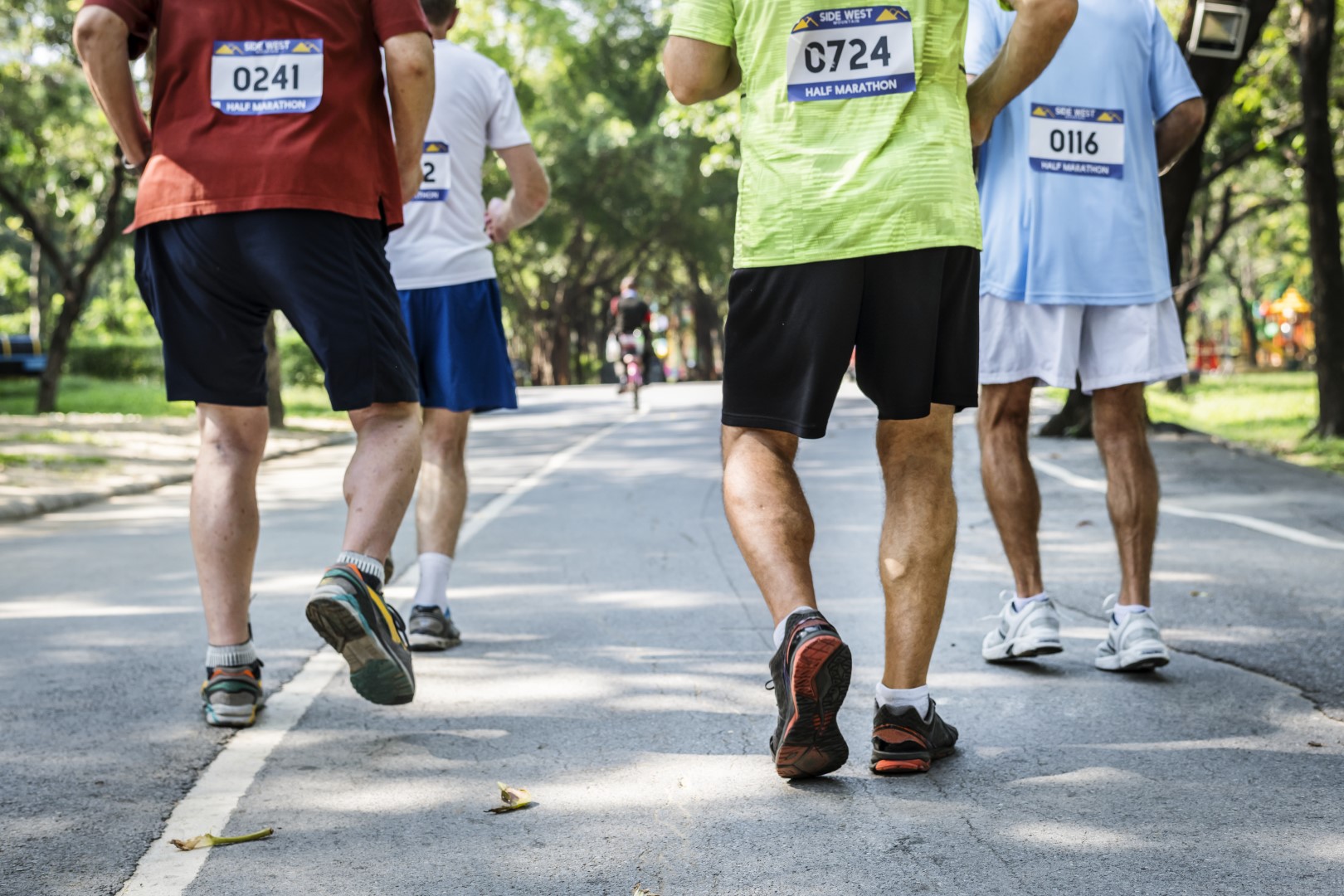The document reviews the effects of fatigue on cognitive performance in elite athletes, exploring the physiological and psychological mechanisms involved and their implications for training and performance management.
Understanding Fatigue in Elite Athletes
Fatigue significantly impacts both physical and cognitive performance in elite athletes, affecting their ability to compete at high levels.
- Fatigue is characterized by a decline in physical performance and can lead to both muscle and central fatigue.
- Muscle fatigue results from energy depletion, metabolic byproducts, ion imbalance, and muscle damage.
- Central fatigue affects the nervous system’s ability to control muscle contractions and is influenced by psychological factors.
- Prolonged exertion can lead to cognitive fatigue, impacting decision-making, attention, and working memory.
The Distinction Between Peripheral and Central Fatigue
Peripheral and central fatigue have unique mechanisms and effects on athletic performance.
- Peripheral fatigue originates at the muscle level, affecting force production and leading to sensations of weakness and soreness.
- Central fatigue arises from the central nervous system, impairing motor output and coordination.
- Examples of peripheral fatigue include muscle fatigue during resistance training, while central fatigue can occur during prolonged cognitive tasks.
Effects of Fatigue on Elite Sports Performance
Fatigue can lead to cognitive challenges that affect decision-making and performance in dynamic sports environments.
- Cognitive fatigue can impair attention, working memory, and reactive agility, crucial for sports like soccer and rugby.
- Athletes’ cognitive abilities, such as visual scanning and anticipation, are essential for adapting to environmental changes.
- Research indicates a correlation between cognitive assessment and motor test results, highlighting the importance of cognitive functions in sports.
Cognitive and Physical Ability Relationship
Cognitive ability plays a critical role in athletes’ performance, especially in team sports.
- Athletes with superior cognitive skills can anticipate events and make strategic decisions.
- Decision-making response time is linked to reactive agility, impacting performance in sports like netball and rugby.
- Cognitive functions are often undervalued compared to physical attributes, despite their significance in team sports.
Fatigue’s Influence on Specific Sports
Fatigue affects athletes’ sport-specific skills, potentially diminishing technical and tactical performance.
- Elite athletes demonstrate superior cognitive abilities compared to sub-elite athletes, impacting their performance under fatigue.
- Exercise-induced fatigue can impair executive functions and proprioceptive responses, affecting decision-making and performance.
- Prolonged exercise can lead to cognitive decline, while submaximal aerobic activities can enhance cognitive performance.
Exercise Specifications and Cognitive Performance
The type, duration, and intensity of exercise influence cognitive functions in athletes.
- Acute exercise can benefit specific cognitive abilities like short-term visual memory and choice reaction.
- Resistance and coordinative training yield positive psychological outcomes, while prolonged exercise may hinder cognitive performance.
- Sport-specific loads and game situations can affect cognitive functioning differently among athletes.
Decision Making and Fatigue Connection
Fatigue impacts decision-making abilities, crucial for successful athletic performance.
- Elite athletes distinguish themselves through sport-specific perceptual skills, enabling them to anticipate and strategize effectively.
- Fatigue alters cognitive functions, affecting performance in both training and competitive scenarios.
- High-intensity or prolonged exercise can enhance decision-making speed but compromise accuracy.
Cognitive Effects of Fatigue in Athletes
Fatigue can significantly impair cognitive abilities essential for athletic performance.
- Reduced attention and concentration can lead to distractions and difficulty filtering information.
- Slower reaction times can hinder athletes’ ability to respond quickly in competitive situations.
- Impaired decision-making and decreased working memory capacity can affect tactical execution during games.
Lactate’s Role in Decision Making
Lactate accumulation during exercise may influence cognitive function and decision-making in athletes.
- Lactate can serve as an alternative energy source for the brain, potentially supporting cognitive function.
- It may modulate neurotransmitter systems critical for attention and decision-making.
- High lactate levels can alter perceived exertion and attentional focus, impacting decision-making strategies.
Cognitive Skills and Lactate in High-Intensity Sports
Lactate accumulation during high-intensity sports can affect cognitive skills in elite athletes.
- Increased arousal and alertness from lactate buildup can enhance vigilance and response time.
- Lactate may improve decision-making under pressure, despite its association with fatigue.
- Prolonged exposure to high lactate levels can lead to mental fatigue and decreased cognitive performance.
Training Strategies to Mitigate Fatigue Effects
Elite athletes should adopt specific training strategies to minimize fatigue’s impact on cognitive performance.
- Individualized strength and conditioning programs should focus on high-intensity intermittent exercise (HIIE).
- Training should include aerobic power, anaerobic capacity, and anaerobic power development.
- Incorporating decision-making activities into training can help athletes manage fatigue and maintain performance.
Key Takeaways on Fatigue and Cognitive Performance
Fatigue significantly affects cognitive performance in elite athletes, necessitating effective management strategies.
- Cognitive performance declines in attention, decision-making, and reaction times due to fatigue.
- Physiological, metabolic, and psychological factors contribute to cognitive impairments.
- Tailored training adjustments and cognitive training practices can enhance athletes’ performance and resilience against fatigue.
Developed by & copyright to: Dr Celesti Jansen van Rensburg Q4 – March 2024




